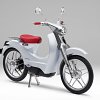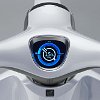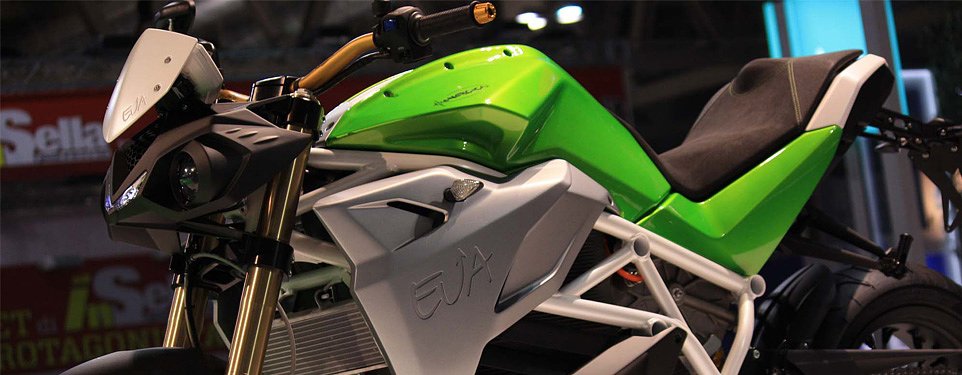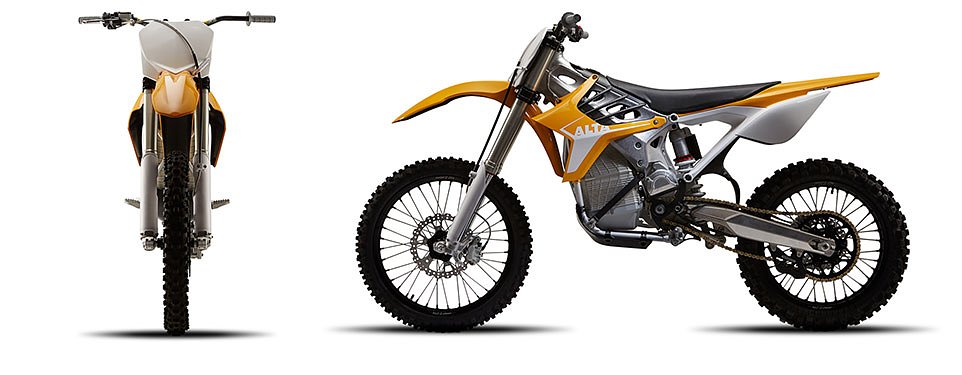Among the concept motorcycles Honda plans to show at the Tokyo Motor Show at the end of this month is one model that probably no more than a handful of Common Tread readers will salivate over, but I believe has the potential to be a game-changing echo of the revolutionary classic it is based on.
I’m talking about the EV-Cub concept.
I know, I know, your finger is on the button, ready to click away. You came here for juicy gossip about 200-horsepower sport bikes, carbon fiber customs and similar exotica, and I’m talking about a step-through scooter with the power of a commercial sewing machine and a style that can most charitably be described as “somewhat cute in a sort of outdated way, I guess.”
Here’s why I’m talking about the EV-Cub. It answers one of the questions about the U.S. motorcycle market that mystifies me: Why are electric motorcycle manufacturers set on building motorcycles, but no scooters?

An electric scooter makes perfect sense for two reasons: the customers who buy electric motorcycles and the way electric bikes are used.
I love electric motorcycles, but most motorcyclists dismiss them after noting that they can refuel their internal combustion bike in five minutes and go another 200 miles, while they can barely squeeze 100 miles out of the best electric bikes. What they miss is that an electric motorcycle is not a replacement for your ICE motorcycle. It’s another transportation option, and each transportation option, whether walking or taking the bus or driving an SUV, has pluses and minuses.
Thus it’s not that surprising that many buyers of electric motorcycles are new to motorcycling. They’re not looking for a motorcycle. They’re looking for a transportation solution.
And how do they use an electric motorcycle? For convenient, urban transportation. The same way most scooter owners use their scooters.
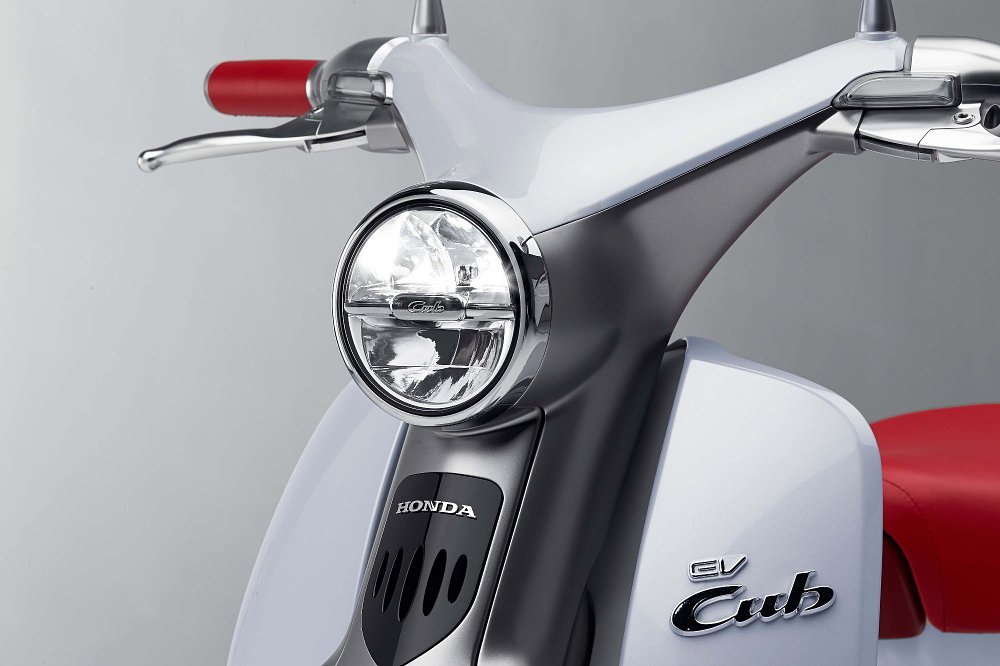
Lemmy is working on his review of the Victory Empulse. Brammo developed the Empulse with a six-speed transmission to make it more like a traditional motorcycle. I’m sorry, but an electric motorcycle needs a six-speed transmission like American Pharaoh needs a fifth leg for "extra kick."
An electric Cub may not appeal to you or me, but what about those young, urban millenials with no garage for changing oil and spark plugs? Do you think they’d rather learn to synchronize throttle bodies or adjust engine response with an app on their smart phones?

Honda changed the U.S. motorcycle landscape when it brought the original Cub across the Pacific, along the way to selling something like 90 million of the various versions of this little bike. My father bought one of them – a Honda Cub for $245 brand new to get to classes in grad school, so my mother could take the one family car to work. Years later, before I was old enough to have a driver’s license, I dug the neglected scooter out of the shed and rode it back and forth on our rural driveway, my first motorcycling experience. So, am I biased? Yes, I am biased. But I think Honda — or someone — could change the landscape again, in at least a small fraction of the way that original Cub changed the motorcycle world and my personal world.
I know there are a few scooter-like products offered now by smaller startups. But I believe that soon one of the established companies will combine the user-friendly nature of a scooter with the advantages of a maintenance-free electric drivetrain and tap into the young urban culture that is not in love with internal combustion, the way my generation is. When some company does that, I think it will not only bring new waves of buyers into the two-wheel world, but will also have another revolutionary product. Kind of like the Honda Cub.





